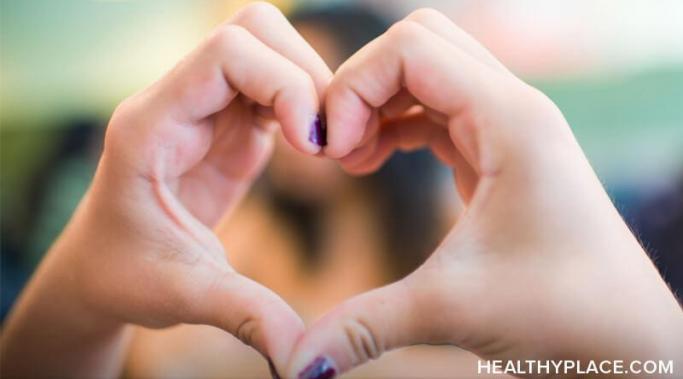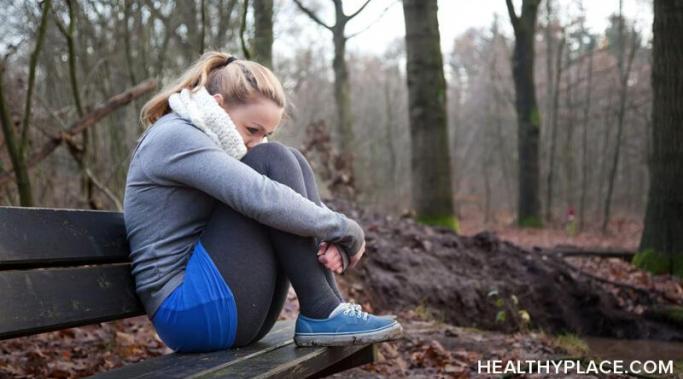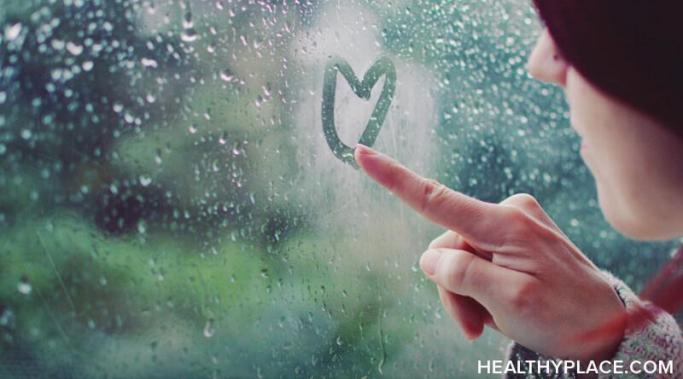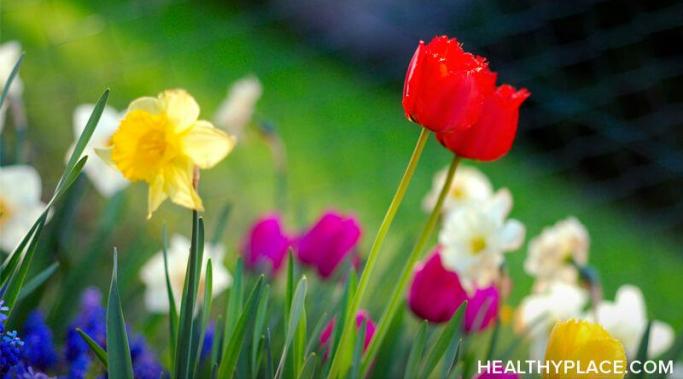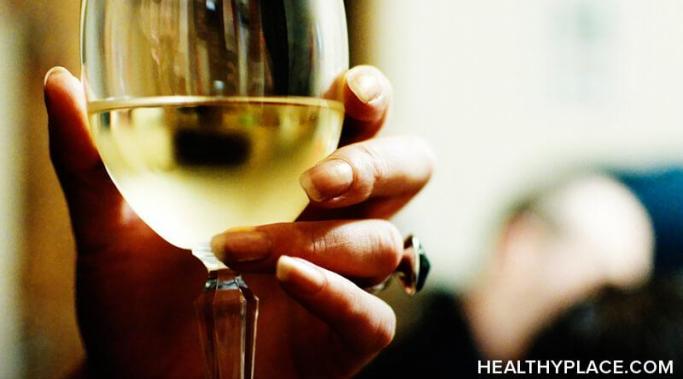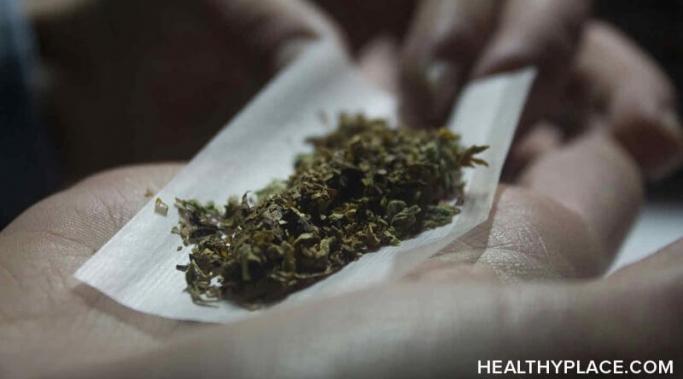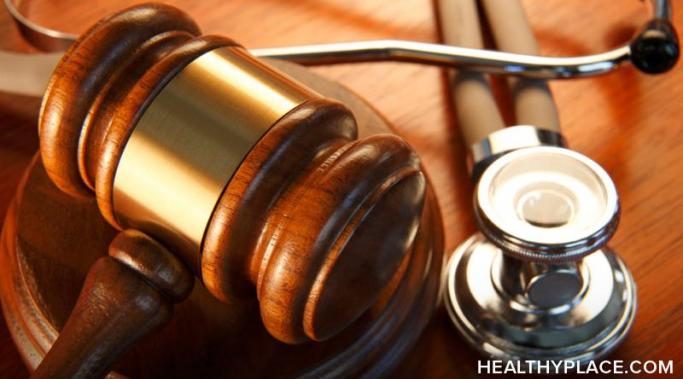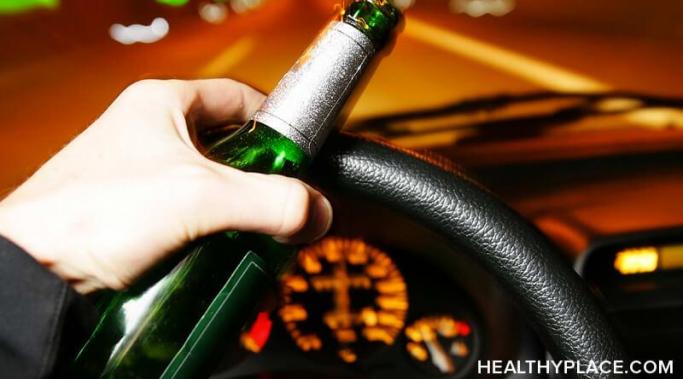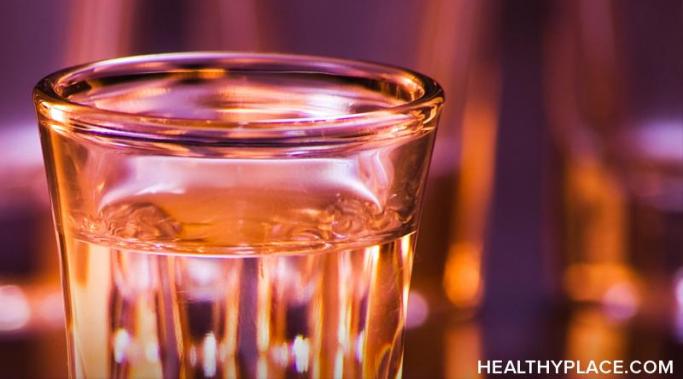For most people practicing an alcohol-free lifestyle, there will eventually be an alcohol-centered party or event worth attending. Concerts, weddings, and holiday gatherings can be tricky, but not impossible, to navigate as a sober person. One thing that has helped me stay alcohol-free on a boozy night out is to redefine success.
Stigma - Debunking Addiction
According to Dr. Gabor Mate, underneath all addictive behaviors lies a deep, unresolved trauma wound.[1] One thing that helped me start releasing the shame I carry for struggling with addiction was learning about the two types of trauma: "big T" and "little t" trauma. Big T trauma is related to an acute, severe event like sexual assault or going to war. While little t trauma accumulates over time in response to things like active shooter drills or a childhood steeped in diet culture.[2] These two types of trauma are important to understand.
Two weeks ago, I embarked on a massive life change in sobriety. Moving away from the town where I got sober to begin a new chapter flipped my world upside down. I had to face my fear of change and part ways with the people, places, and things that kept me grounded for three years. My comfort zone was demolished, forcing me to start afresh.
Someone recently asked me what fun things I have planned for the summer. Surprisingly, that felt like a loaded, triggering question. As a sober person who doesn't have a driver's license or disposable income, I get jealous and resentful when people talk about their vacation plans. The fear of missing out (FOMO) surfaces, and I feel excluded from that version of fun.
The media's portrayal of alcohol addiction hurts people. Last week there was an article on the front page of my local newspaper about a man who was publicly intoxicated. The paper printed his name, hometown, and mugshot for everyone to see. This story was the talk of the tiny, touristy town where I live. Everyone thought it was acceptable to mock this man who struggles with alcohol. After this media portrayal of alcohol addiction and the ensuing jokes, I found myself in a triggered tailspin.
A few weeks ago, I told my therapist that I would not have been able to get sober without using cannabis. She chuckled, gave me a funny look, and asked if I thought cannabis use equaled sobriety. Caught off guard, I couldn't help but wonder if she had a point. Were my years of sobriety erased? Did I need to go back to day one? Can I use cannabis and still call myself sober?
In 1999, when I was in fifth grade, a police officer came to our school dressed in a Drug Abuse Resistance Education (D.A.R.E.) t-shirt. He was carrying a gun and wearing a stern face. Without any words, he communicated that using drugs led to extreme consequences. His lecture taught us that drug addicts deserve to be locked up. But criminalizing addiction turned out to be more hurtful than helpful.
Eleven years ago, I got arrested for my first driving under the influence (DUI) charge. Long before that original DUI arrest, I knew I had a problem with alcohol. I knew that blackout drinking a few nights a week was not healthy. But I never spoke up or asked for help because I was terrified of being labeled an alcoholic. Facing the truth meant I would be diagnosed with alcoholism, an incurable, highly stigmatized disease.
One of the most challenging parts of being in recovery for alcohol use disorder (AUD) is dealing with society's normalization of alcohol, a deadly drug. Alcohol is everywhere. Some days, triggering situations come at me more quickly than I can process them. Some days, I want to crawl into bed, pull the covers over my head, and stay there forever because that feels like the only safe place in this alcohol-obsessed culture.
Last week my coworker said she believes addiction is a choice. Her exact words were, "At the end of the day, each person always has the choice to pick up or put down drugs." In response to her comment, I had a full-body, physical reaction. My armpits got sweaty, my heart rate skyrocketed, my shoulders tensed, my jaw tightened, and my neck broke out in red blotchy hives.
